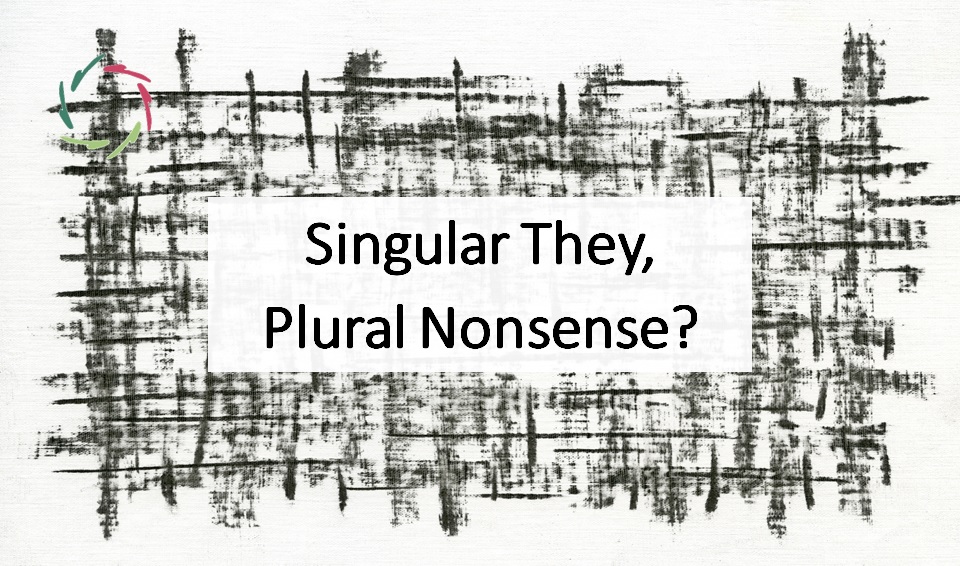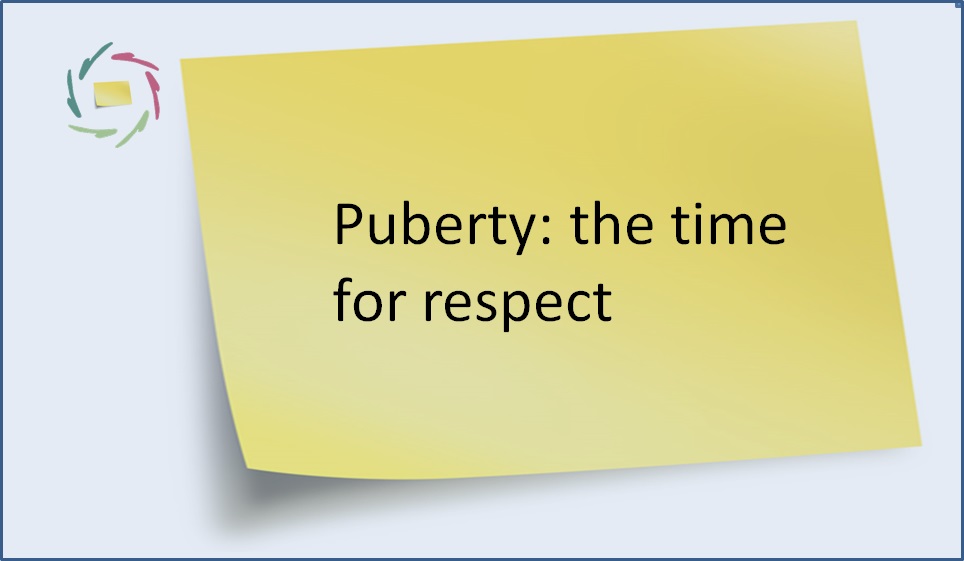Singular They, Plural Nonsense?

As a writer, I’m admonished to play by the rulebook. But I don’t.
►►►WHY read this? This concerns everyone who feels threatened by he, she, they, or anything.◄◄◄
Gender involvement
I used to write (s)he, awkwardly, so I went back to he.
Politically incorrect, humanly correct, of course:
He doesn’t downplay women.
Women can feel downplayed by he because he has been used frequently in order to downplay them.
I get that, although I never would think of doing it so. I also get that avoiding he doesn’t change the downplaying. He doesn’t downplay, but the user does, and in a way, also the receiver.
Women can be stronger than to be bothered by he.
Much better is to put he at a more abstract level.
That way, you don’t let the abuser make you change anything. It’s they who make you use the singular they. It can make you see this even as a double whammy.
I feel personally downplayed by this double change, not as a man but as a human being. I do not want to write under the yoke of singular they. As a woman, I wouldn’t feel more downplayed than now.
Of course, he brings into contact with the downplay, but so does singular they.
I mentioned a more abstract level.
For instance, in French, referring to women and men, they use ‘ils’ and ‘eux.’ This plural they is masculine, without any problem still as far as I know, because it’s more abstract. I hope they keep it so.
At the same time, they don’ nibble out gender.
Let’s keep gender.
I want to be able to be gentle to a woman as a man. Yep, in an old-fashioned way.
I don’t want to be ‘progressive’ if that means losing value. There’s a lot more besides this, that one can be progressive about — new valuable things, customs, emotions even.
Being progressive is not about cutting.
It’s about growing based on what already is.
I have the impression that this plays a huge role in politics, for instance. People don’t want to lose what they already know to gain what they still don’t know. Especially if – deep- value is involved in any which way. This plays a substantial role in many elections.
Plural nonsense
It’s about much more, of course, then merely some grammar.
Eventually, it’s about people’s Inner Strength. Please, don’t take it away.
You might cultivate it instead. Automatically, people will become less vulnerable to mass-manipulators.
The world will be a better place.


